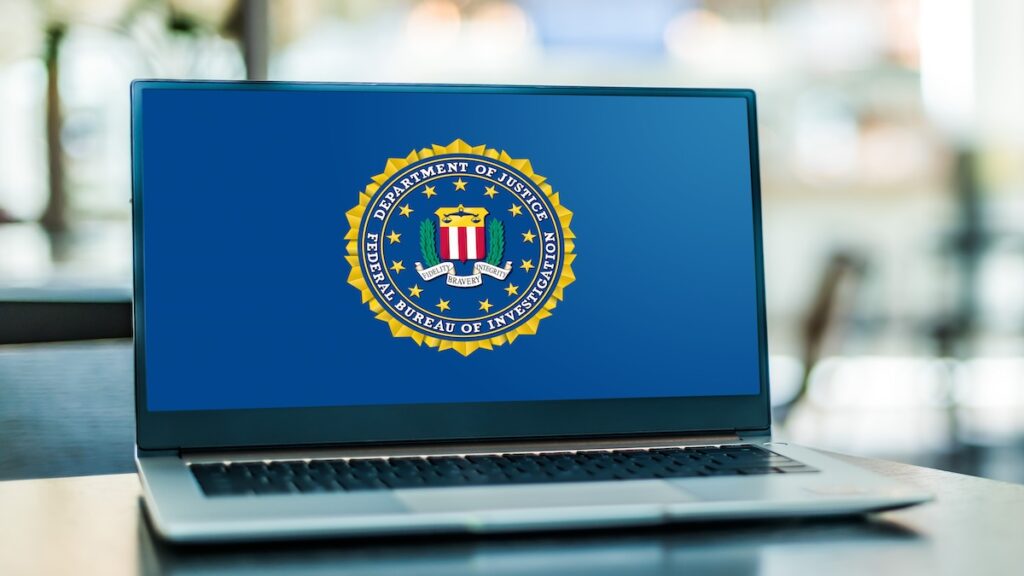
April 13, 2024 at 09:54AM
The House approved a bill to reauthorize the U.S. government surveillance program by a bipartisan vote of 273-147. Speaker Johnson faced criticism from conservatives, with the bill being amended to extend the program for two years. The legislation faced opposition and will require an additional vote. The program is set to expire on April 19.
The House voted on Friday to reauthorize and reform a key U.S. government surveillance program, with a bipartisan approval of 273-147. The bill will need to clear the Senate to become law, as the surveillance program is set to expire on April 19 unless Congress takes action.
Speaker Mike Johnson, R-La., achieved a much-needed victory with the passage of the bill, which represents a two-year extension of the surveillance program. A 212-212 tie resulted in the failure of an amendment prohibiting warrantless surveillance of Americans, which led to an additional vote being declared necessary next week.
The reauthorization allows the U.S. government to collect communications of non-Americans located outside the U.S. without a warrant to gather foreign intelligence, while including reforms aimed at addressing civil liberties violations against Americans.
There are further plans to address critics’ concerns with a separate proposal to close a loophole allowing U.S. officials to collect data on Americans from big tech companies without a warrant.
A recent opinion from the Foreign Intelligence Surveillance Court indicates that the Biden administration expects the program’s authority to collect intelligence to remain operational for at least another year, but officials emphasize the importance of congressional authorization as communications companies could cease cooperation without it.
The program, authorized in 2008, has been crucial in disrupting terror attacks, cyber intrusions, and foreign espionage, but has faced bipartisan pushback, particularly surrounding concerns about the FBI’s use of the intelligence repository to search for Americans’ information and the need for a warrant.
Former President Donald Trump expressed incorrect beliefs about the program, and there have been revelations of FBI analysts improperly querying the intelligence repository for information about Americans or others in the U.S. This has led to calls for the FBI to obtain a warrant before conducting database queries on Americans, a move that FBI director Chris Wray has warned would diminish the program’s effectiveness.